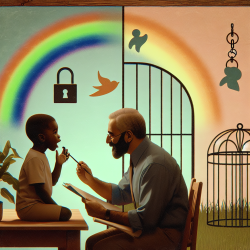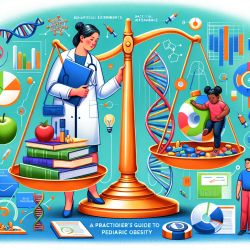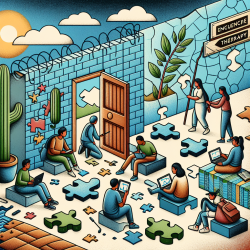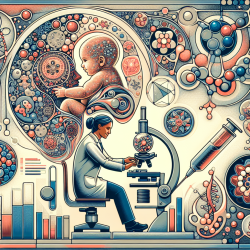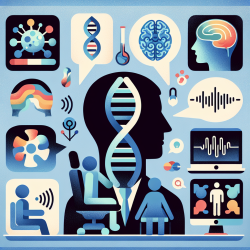The Surprising Connection Between Abortion Bans and Child Development
As a speech-language pathologist, you might wonder how policies like abortion bans relate to your field. While the connection may not be immediately apparent, understanding the broader implications of such policies can enhance your practice and advocacy efforts. A recent study titled "What will and won’t happen when abortion is banned" by Michelle Oberman provides valuable insights into the unintended consequences of abortion bans, particularly their impact on child development and structural inequalities.
Understanding the Impact of Abortion Bans
Oberman's research highlights three main assumptions behind abortion bans: deterrence, moral messaging, and competent enforcement. However, the study reveals that these assumptions often fail in practice. For instance, abortion bans do not significantly reduce abortion rates but rather exacerbate structural inequalities, disproportionately affecting poor women of color and their children. This has profound implications for child development, particularly in the areas of health, education, and social outcomes.
Implications for Child Development
Children born into poverty, a likely outcome of abortion bans, face numerous developmental challenges. These include increased risks of low birth weight, language delays, and chronic health issues. As a speech-language pathologist, it's crucial to recognize these factors when assessing and planning interventions for children from marginalized communities.
- Health and Nutrition: Poverty can lead to inadequate nutrition, impacting cognitive and language development.
- Environmental Exposure: Children in poverty are more likely to be exposed to environmental hazards, affecting their overall health and development.
- Access to Services: Limited access to healthcare and educational resources can delay early intervention, critical for optimal language development.
Data-Driven Approaches in Practice
Incorporating data-driven approaches in your practice can help mitigate some of these challenges. Here are some strategies:
- Early Screening and Intervention: Prioritize early screening for language delays and provide targeted interventions to support language acquisition.
- Family-Centered Practices: Engage families in the therapeutic process, offering resources and support to enhance the home environment for language development.
- Advocacy and Policy Engagement: Advocate for policies that address the root causes of poverty and support access to healthcare and education for all children.
Encouraging Further Research
Oberman's study underscores the importance of ongoing research to understand the full impact of abortion bans on child development. As practitioners, staying informed about such research can guide your practice and advocacy efforts. Consider collaborating with researchers to explore how these policies affect the children and families you serve.
To read the original research paper, please follow this link: What will and won’t happen when abortion is banned.
